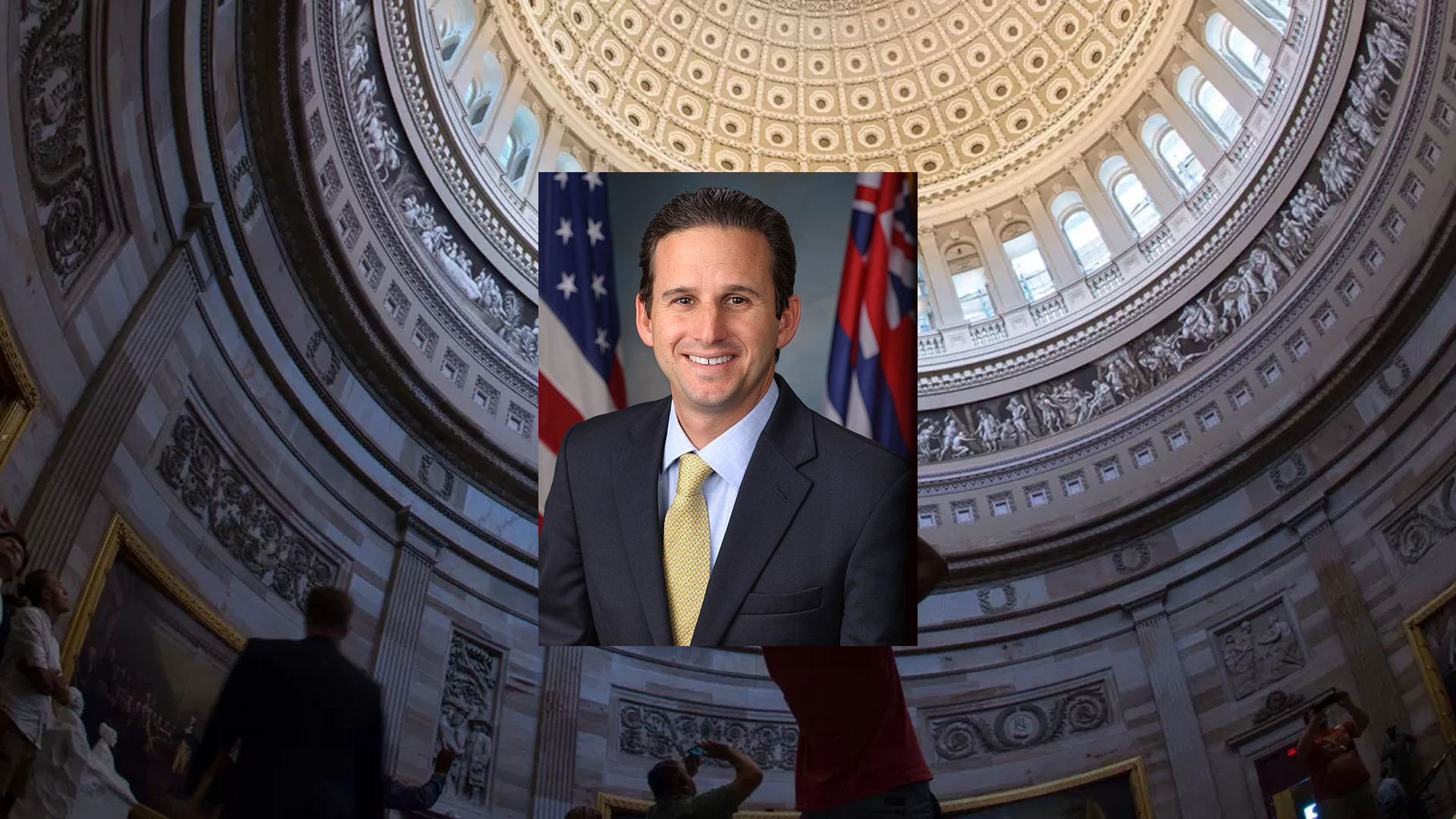We have received text from S. 2127: Wall Street Tax Act of 2025. This bill was received on 2025-06-18, and currently has 5 cosponsors.
Here is a short summary of the bill:
The Wall Street Tax Act of 2025 aims to impose a tax on certain trading transactions involving various securities in the United States. Below is a summary of the key aspects of the bill:
Overview of the Tax Imposition
The bill introduces a tax that applies to "covered transactions," which include:
- Purchases of securities occurring on a qualified board or exchange in the United States
- Purchases executed by U.S. persons
- Transactions involving derivatives traded on U.S. exchanges
Tax Rates
The rates at which tax will be applied are progressive, changing over the years as follows:
- 0.02% for transactions occurring between January 1, 2026, and December 31, 2026
- 0.04% between January 1, 2027, and December 31, 2027
- 0.06% between January 1, 2028, and December 31, 2028
- 0.08% between January 1, 2029, and December 31, 2029
- 0.1% from January 1, 2030, onward
Definitions and Exemptions
The bill defines "securities" to include stocks, partnership interests, evidence of indebtedness, and derivatives. However, certain transactions are exempt, specifically:
- The initial issuance of securities
- Short-term debt instruments traded on U.S. exchanges with a maturity of 100 days or less
Tax Payment Responsibilities
Responsibilities for tax payment are established based on the nature of the transactions:
- For transactions on qualified boards, the boards are responsible for collecting taxes.
- For other purchases executed by brokers, the brokers are responsible for reporting and payment.
- In certain cases involving international transactions, U.S. shareholders of controlled foreign corporations may be required to pay the tax directly.
Reporting and Administration
The Secretary of the Treasury will coordinate with relevant regulatory bodies, such as the Securities and Exchange Commission, to ensure the tax is reported and administered correctly. Guidance will be provided for compliance, including reporting requirements regarding covered transactions.
Effective Date
The tax provisions outlined in this bill will apply to transactions carried out after December 31, 2025.
Relevant Companies
- GS : Goldman Sachs Group Inc. may be impacted as it is involved in numerous trading transactions and would need to adjust its operations to account for the new tax costs.
- JPM : JPMorgan Chase & Co. could see an impact on their trading services and strategies due to the additional tax burden on transactions.
- MS : Morgan Stanley may need to revise its trading fees and business models to accommodate the costs imposed by this tax.
- AMTD : Ameritrade Holding Corporation, as an online brokerage firm, may face changes in transaction volume and pricing strategies.
Senator Brian Schatz Bill Proposals
Here are some bills which have recently been proposed by Senator Brian Schatz:
- S.2127: Wall Street Tax Act of 2025
- S.2073: A bill to establish a State public option through Medicaid to provide Americans with the choice of a high-quality, low-cost health insurance plan.
- S.1624: PATCH Act
- S.1471: Climate Change Financial Risk Act of 2025
- S.1378: TAME Extreme Weather and Wildfires Act
- S.1261: CONNECT for Health Act of 2025
You can track bills proposed by Senator Brian Schatz on Quiver Quantitative's politician page for Schatz.
Senator Brian Schatz Net Worth
Quiver Quantitative estimates that Senator Brian Schatz is worth $4.6M, as of July 2nd, 2025. This is the 150th highest net worth in Congress, per our live estimates.
Schatz has approximately $297.3K invested in publicly traded assets which Quiver is able to track live.
You can track Senator Brian Schatz's net worth on Quiver Quantitative's politician page for Schatz.
This article is not financial advice. See Quiver Quantitative's disclaimers for more information.





